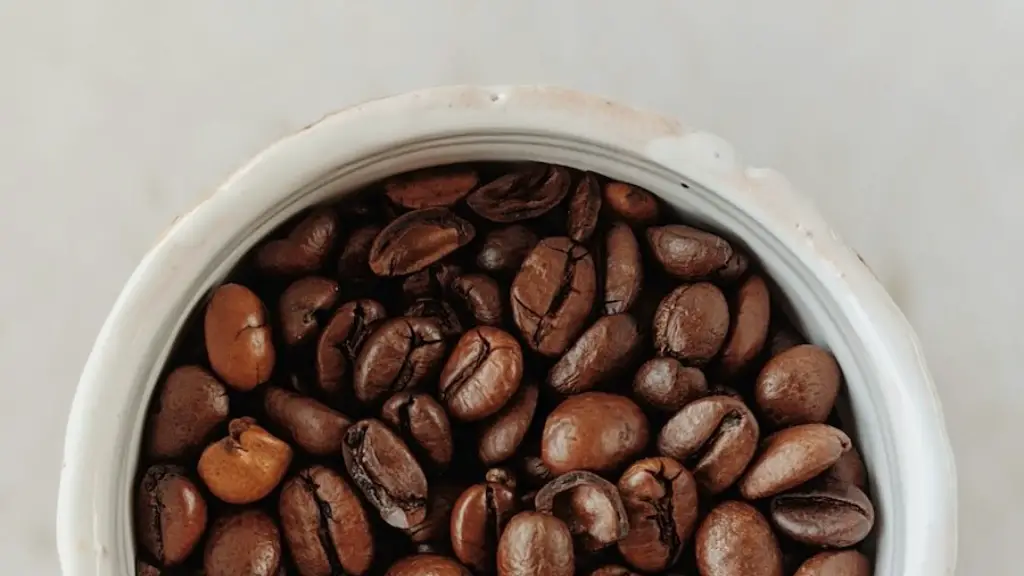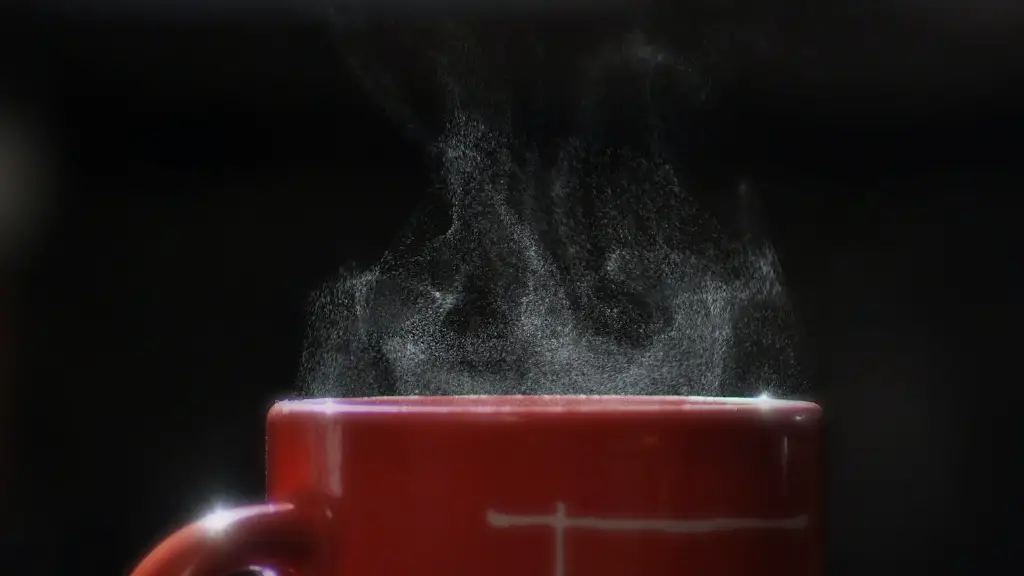Can You Drink Coffee with Plavix?
Plavix (clopidogrel bisulfate), commonly prescribed for those unable to take Aspirin, is an antiplatelet drug that works by preventing platelets in the blood from clumping together to form clots. Although this drug prevents the formation of life-threatening blood clots, it has numerous important drug interactions to be aware of, as it can interact with medications and food, including coffee. It is important to speak to a doctor before consuming coffee while taking Plavix to make sure there are no contraindications.
What is Plavix?
Plavix is an antiplatelet medication that helps keep platelets from sticking together and forming harmful clots. It is a prescription medication used to reduce the risk of stroke and heart attack, typically in people who cannot take Aspirin because of an allergy or for other health-related reasons. Plavix helps also prevents thrombotic events after stent placement following a coronary artery procedure.
Is It Safe to Drink Coffee with Plavix?
Caffeine and Plavix are generally considered to be safe to consume together when taken as prescribed. However, the exact interaction between them is not well understood, and it is possible that high doses of caffeine could reduce the effectiveness of Plavix. Therefore, it is generally not recommended to consume more than 500mg of caffeine a day while taking Plavix.
What Other Drug or Food Interactions Should Be Avoided?
Plavix has numerous drug and food interactions, some of which can increase the risk of bleeding. The medication can interact with a variety of commonly prescribed and over-the-counter medications, including non-steroidal anti-inflammatory drugs (NSAIDs), blood thinners, antibiotics, and some herbal supplements, such as garlic and ginkgo biloba. Drinking alcohol with plavix is also not recommended as it can potentially increase the risk of serious bleeding. Additionally, it is important to avoid certain foods, such as grapefruit, cranberry juice, and vitamin K-containing foods, such as leafy green vegetables, which can decrease the effectiveness of the medication.
What Are the Side Effects of Plavix?
The most commonly reported side effects of Plavix include headache, dizziness, abdominal pain, and nausea. Other rarer side effects include fever, seizure, hives, and bloody urine. Additionally, the medication carries a warning about the risk of major – and potentially fatal – bleeding events. It is important to contact a doctor if any serious side effects occur.
What Are the Benefits of Drinking Coffee?
Although there is currently no definitive answer when it comes to the consumption of coffee and Plavix, it is generally thought that moderate consumption of coffee is safe for most people. Moderate consumption of coffee (around three to four cups a day) has been shown to have numerous health benefits, including a reduced risk of type 2 diabetes, Alzheimer’s disease, and some types of cancers. Additionally, coffee has been linked to improved cognitive function and the prevention of depression.
What Are the Precautions to Be Taken When Drinking Coffee while Taking Plavix?
Although coffee and Plavix generally don’t interact in a harmful way, it is important to be mindful when consuming coffee while taking Plavix as high doses of caffeine can reduce the effectiveness of the medication. Moreover, caffeine can affect the absorption of some medications, including Plavix, so it is important to speak to a doctor to make sure there are no contraindications. Finally, it is important to drink coffee in moderation and to avoid overconsumption as this can lead to serious health complications.
Does the Type of Coffee Matter?
Some types of coffee contain higher levels of caffeine than others. For example, an 8-ounce cup of brewed coffee may have up to 100mg of caffeine, while the same cup of instant coffee can contain as much as 80mg of caffeine. It is important to be mindful of the amount of caffeine in the type of coffee consumed while taking Plavix. Additionally, decaffeinated coffee can be consumed while taking Plavix but keep in mind that even decaffeinated coffee contains small amounts of caffeine.
How Regularly Should Coffee Be Consumed While Taking Plavix?
The amount of coffee consumed while taking Plavix should remain below 500mg of caffeine per day. It is important to stick to this daily limit and avoid large doses of caffeine as these can reduce the effectiveness of the medication and increase the risk of side effects. Furthermore, it is generally recommended to avoid binging on coffee during certain times of day, such as late in the evening, as this could further increase the risk of side effects.
Can Coffee Increase the Risk of Bleeding?
Coffee does not typically increase the risk of bleeding associated with Plavix. However, it is important to take into account any other medications and substances – such as alcohol – consumed while taking Plavix. Moreover, as mentioned above, it is important to avoid consuming more than 500 mg of caffeine per day as large doses of caffeine can reduce the effectiveness of the medication and increase the risk of side effects.
What Are the Alternatives To Drinking Coffee?
If the doctor advises against drinking coffee while taking Plavix, there are other cups of drinks that can provide a caffeinated boost of energy. For example, tea, energy drinks, and even chocolate contain caffeine. Additionally, as mentioned earlier, decaffeinated coffee can be consumed while taking Plavix. Finally, there are also a number of herbal, decaffeinated teas that can be consumed to provide an energy boost without the side effects associated with caffeine.
Are There Other Substances That Should Be Avoided While Taking Plavix?
Smoking and using nicotine replacement products, such as patches and gum, should be avoided while taking Plavix. Smoking can increase the risk of serious cardiovascular events and can reduce the effectiveness of Plavix. There are also some medications that should be avoided while taking Plavix, such as NSAIDs, antibiotics, and some herbal supplements. It is important to consult with a doctor before consuming any of these substances while taking Plavix.
Are There Dietary Restrictions To Be Aware Of While Taking Plavix?
It is important to be mindful of dietary restrictions while taking Plavix as it can interact with certain food groups. For example, it is important to avoid foods high in vitamin K such as leafy green vegetables. Additionally, it is important to avoid high-fat meals as this can increase the risk of side effects. Finally, it is important to speak to a doctor before consuming any supplements or herbal products that have not been mentioned in this article.
Can Plavix Be Taken with Statin Drugs?
Plavix can be taken in combination with statin drugs, although it is important to consult with a doctor before doing so to make sure there are no contraindications. In some cases, statin drugs can cause side effects that require the use of Plavix, therefore it is important to make sure the drugs are compatible before combining them. Additionally, it is important to take into account any other medications and supplements being taken when considering taking a statin drug.



